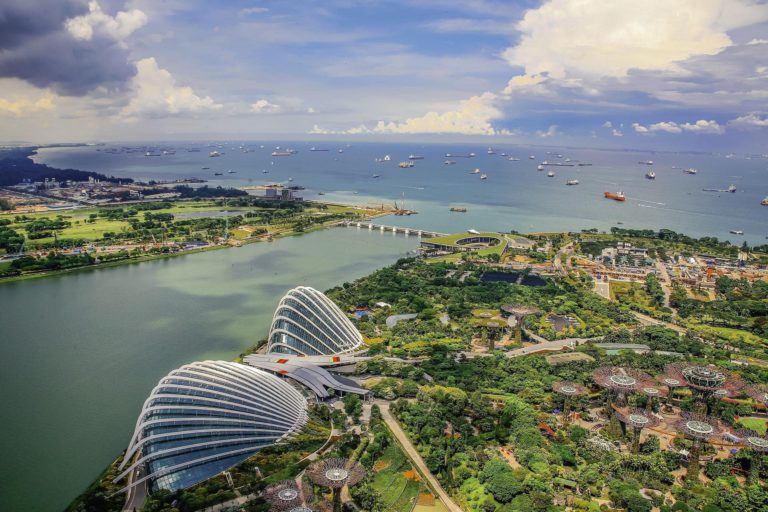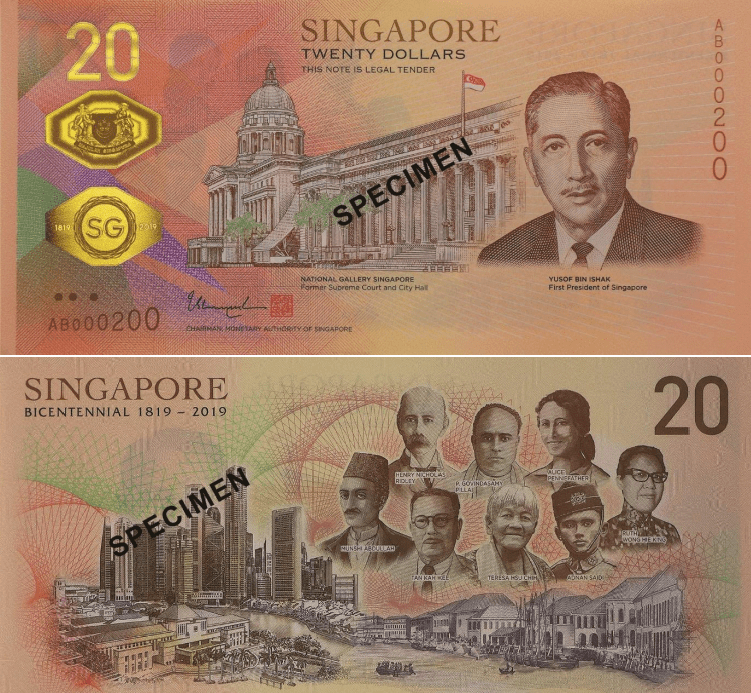On September 14th, 2021, members of the Singapore Parliament came together to debate two important motions that have been widely talked about as of late – Singaporeans’ job security and the country’s reliance on foreign manpower, with special focus on one of Singapore’s free trade agreements: the Singapore-India Comprehensive Economic Cooperation Agreement (CECA).On Singaporeans
Local Job Security & CECA Misunderstanding and Foreign Manpower Policies
Singapore’s Finance Minister, Lawrence Wong, filed a motion regarding Singaporeans’ job security. The motion acknowledged the local population’s concerns over competition in the job market whilst reaffirming the continued need for the country to remain open to foreigners to retain its business competitiveness as a global brand.
The motion filed also condemned the spread of misinformation about free trade agreements like CECA, which has been inciting racist and xenophobic sentiments amongst the local populace. Mr Wong cautioned the Progress Singapore Party (PSP) on their increasing anti-foreigner rhetoric as well, criticising their misunderstanding of the country’s foreign talent policy and the spirit of CECA, or any FTAs for the matter.
He maintained that Singapore’s foreign talent policy is set in place to ensure that extremely accomplished foreign professionals can come to the country to drive industries and sectors forward through knowledge transfers, which would in turn create a positive ripple in the areas of upskilling, and creating local jobs and opportunities. If even more stringent rules and policies are imposed on companies regarding hiring foreigners, it would inadvertently cause the gradual cessation of jobs and opportunities for locals.
On PSP’s Misunderstanding of Singapore’s Foreign Manpower Policies
During this debate, PSP filed the other motion on Singapore’s foreign manpower policies, asking for the government to act in order to safeguard Singaporean jobs by imposing further restrictions on trade agreements like CECA. PSP’s Leong Mun Wai claimed that Singapore has failed in being selective in the process of inducting foreign talent into the workplace and country. He interpreted CECA to be an agreement that allows for the unrestricted and unconditional inflow of manpower from India into Singapore.
However, this has proved to be a misunderstanding of CECA. In July, Singapore’s Health Minister Ong Ye Kung (formerly a trade negotiator), and Singapore’s Manpower Minister Tan See Leng confirmed that there is nothing in CECA to imply that there would be unconditional manpower movement from India to Singapore.
They also affirmed that there is no free trade agreement signed by Singapore that allows another country to have “unfettered access” to Singapore, and that the stringent work pass criteria set by the Ministry of Manpower (MOM) must be met before any professional talent relocates to the country. In fact, back in 2014, MOM introduced the Fair Consideration Framework – a guideline for employers to consider fair hiring practices and hire potential employees based on merit. Employers cannot pre-select foreigners for roles – local candidates that qualify for these positions must be seriously considered before foreigners.
What Does This Mean for Singapore?
Singapore needs to remain on its current trajectory. As a country that lacks natural resources, it relies heavily on people and diplomacy to maintain and grow its economy and soft power influence regionally and internationally. Singapore makes up for what it lacks by driving industries forward and being heavily involved in the research and development of new and emerging technologies and future industries. In order to continue doing this successfully, the country requires highly experienced and talented professionals, especially in various niche sectors, to work in Singapore and spearhead these developments. And if such individuals later on decide to commit long term through Permanent Residence for example, it is in fact a win for Singapore’s diverse talent pool.
Through developing industries/technologies onshore and allowing global conglomerates to set up their regional headquarters in Singapore, local jobs and opportunities can be created in abundance. This would in turn bolster the continuance of a robust, resilient, and dynamic economy, as well as provide local job security. In 2020 and 2021, Singapore continues to ring in record investments into the economy, despite the challenges of Covid-19. As such, Singapore needs to remain open.
Nonetheless, there should be greater transparency surrounding immigration for the benefit of interested parties, as well as the local population. Transparency will eliminate dangerous misunderstandings that have the potency to potentially incite racism and xenophobia – which is the last thing Singapore wants.
Inbound immigration expert, Muhammad Ryhan, from IASG speaks out on this issue saying:
“We understand that the policy makers have valid competitive reasons to adopt its current stance. However, we believe that if they implement a ‘managed transparency’ model, the country would be on the right track in attracting the required talent to complement the local talent pool whilst also managing the growing dissent, as well as the spread of misinformation.”







